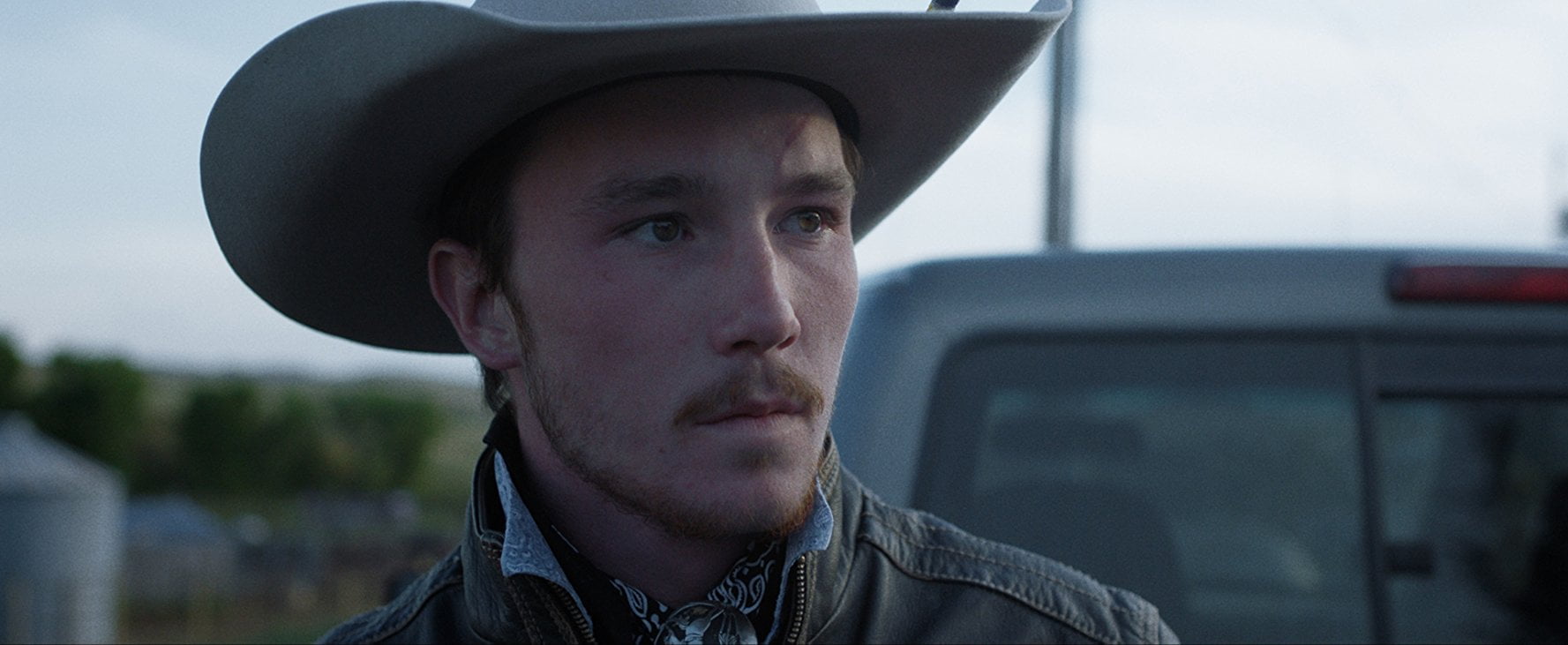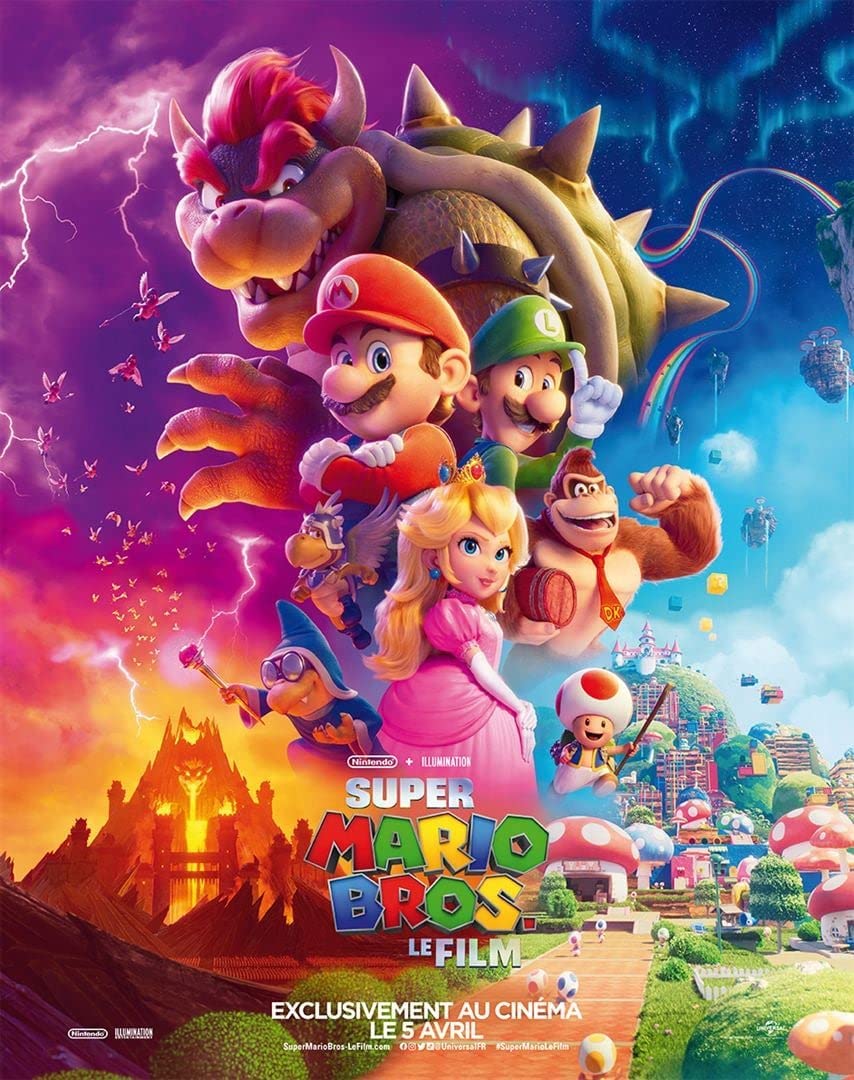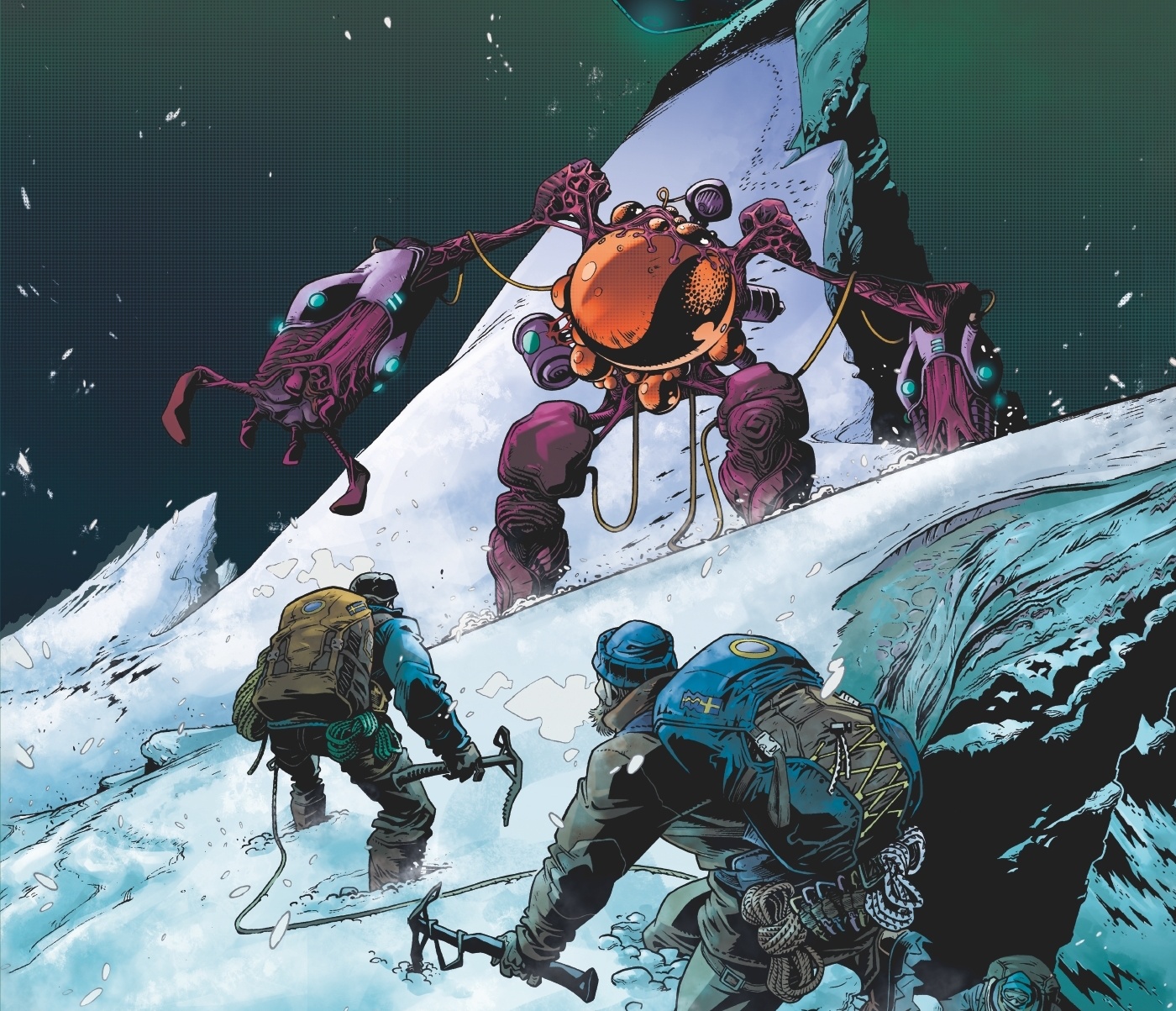The Deauville American Film Festival continues and takes us into the world of cowboys with The Rider. Directed by Chloé Zhao, The Rider tells the story of Brady, a young cowboy who survived a serious head injury. Deprived of his passion for rodeo, he began to rebuild himself while looking for a new identity. Contemplative and sensory, The Rider introduces us to the love of rodeo and its practice, in the heart of deep America.
An original theme
The Rider tackles a theme little known to non-American audiences: rodeo. And even if the public is American, many U.S. citizens are also unfamiliar with the practice. The film therefore particularly denotes by its subject so little addressed. The Rider not only introduces us to the passion for rodeo, but also the details surrounding its practice. The training of the horses, the postures to have on the beast, the way to put on the equipment … All the little details that seem so important to these trainers. If the practice of rodeo is questionable and can be debated, that is not the question in this film. Here, only practice counts. Riding a horse or bull and not being ejected is presented as a passion, a way of life. It is nice to discover, through independent cinema, this kind of passions different from what we are used to seeing.
It is also nice to discover how these modern-day cowboys live. If rodeo is in their genes, this practice is part of a much larger way of life, around the horses and farms they care for. It is therefore not only a passion that we discover, but a whole way of life, with the difficulties that this sometimes brings.
A slow and contemplative staging

The Rider is a very contemplative film, giving us time to appreciate every detail of its surroundings. This applies in particular to the vast plains as well as to horses. The latter are presented in great detail and almost act as mythical creatures, as Brady seems to be attached to them. We can also follow during entire scenes the way he draws the mounts, as well as the skill he shows. This way of staging allows us to feel the same emotions as the main character, while letting us admire the grandiose landscapes serving as scenery. The shots letting us enjoy the landscapes are reminiscent of Merrick, presented at the Champs-Elysée Film Festival this year, although The Rider is not as impactful as the latter in terms of imagery.
A problem of attachment to the characters
Perhaps this is the main flaw of The Rider. Emotional attachment to characters is particularly complicated. Above all, it is too late. Indeed, we have to wait for the very last part of the film for the characters to appear to us as being a minimum sympathetic. Of course, this is voluntary because of Brady's initiatory journey. However, it is difficult to get involved in a character's dilemmas, when he is constantly apathetic.
Fortunately, the ending allows us to really get attached to this protagonist. This is due in particular to the relationship he has with his friend staying in the hospital, for whom he seems to have boundless love. This is also the case thanks to his mentally handicapped little sister, whom he wants to protect above all else. The only characters they can enjoy as soon as they arrive are probably Brady's friends, who really worry about him while continuing to admire the trainer that he is.
If the atmosphere and characters of The Rider will not suit all audiences, this film is to be discovered for its original subject, the rodeo being a universe unknown by many of us. After all, it is always good to expand your culture, especially regarding traditions from foreign countries.







































